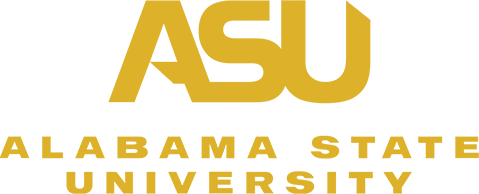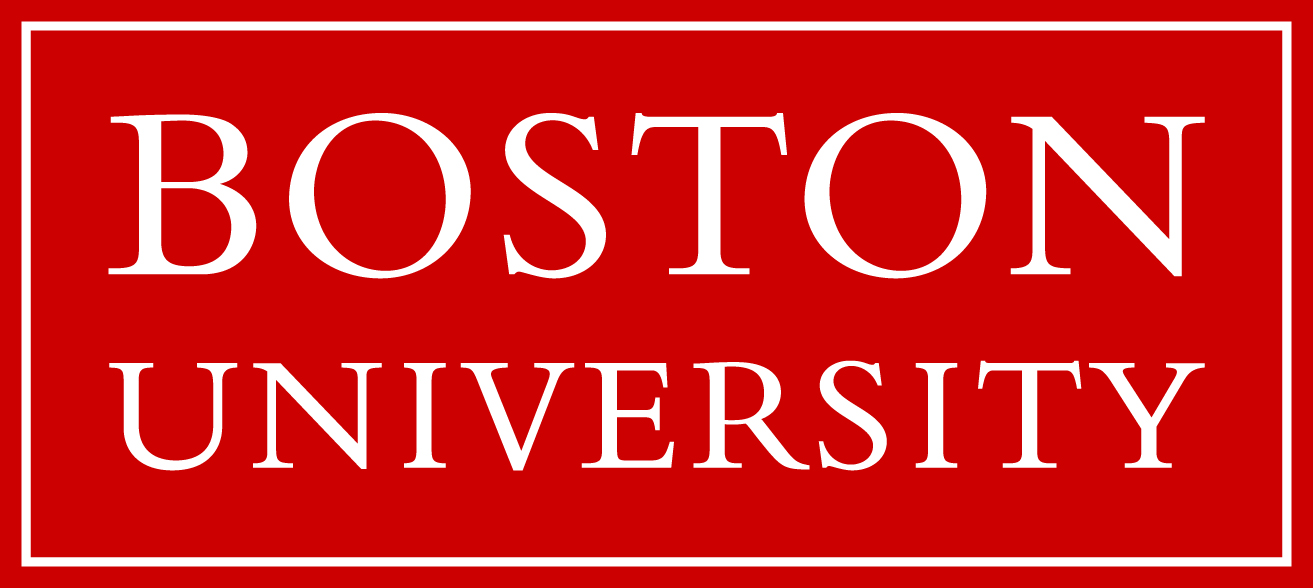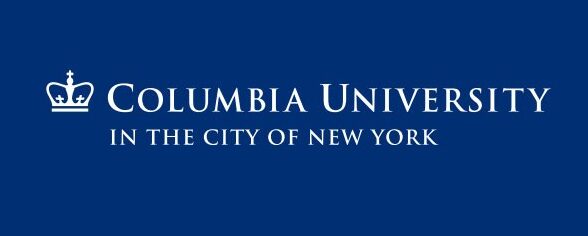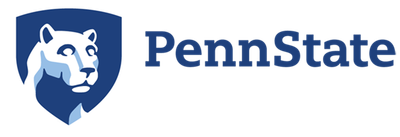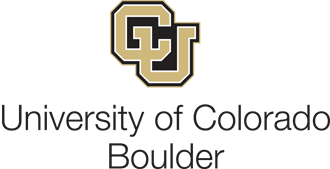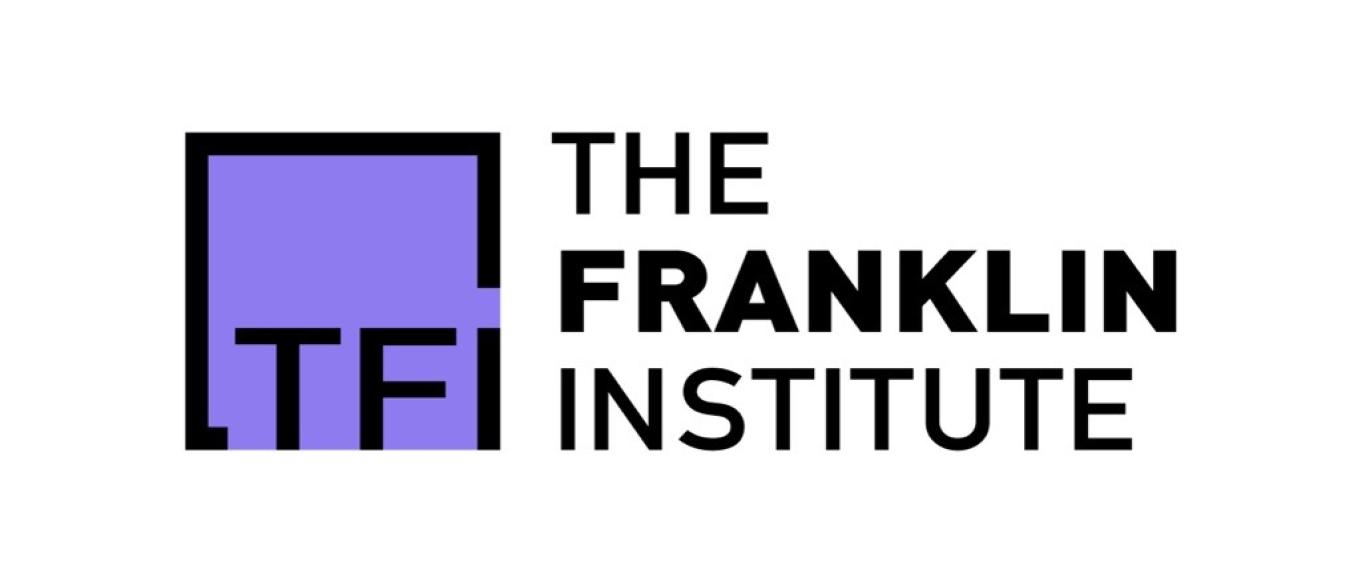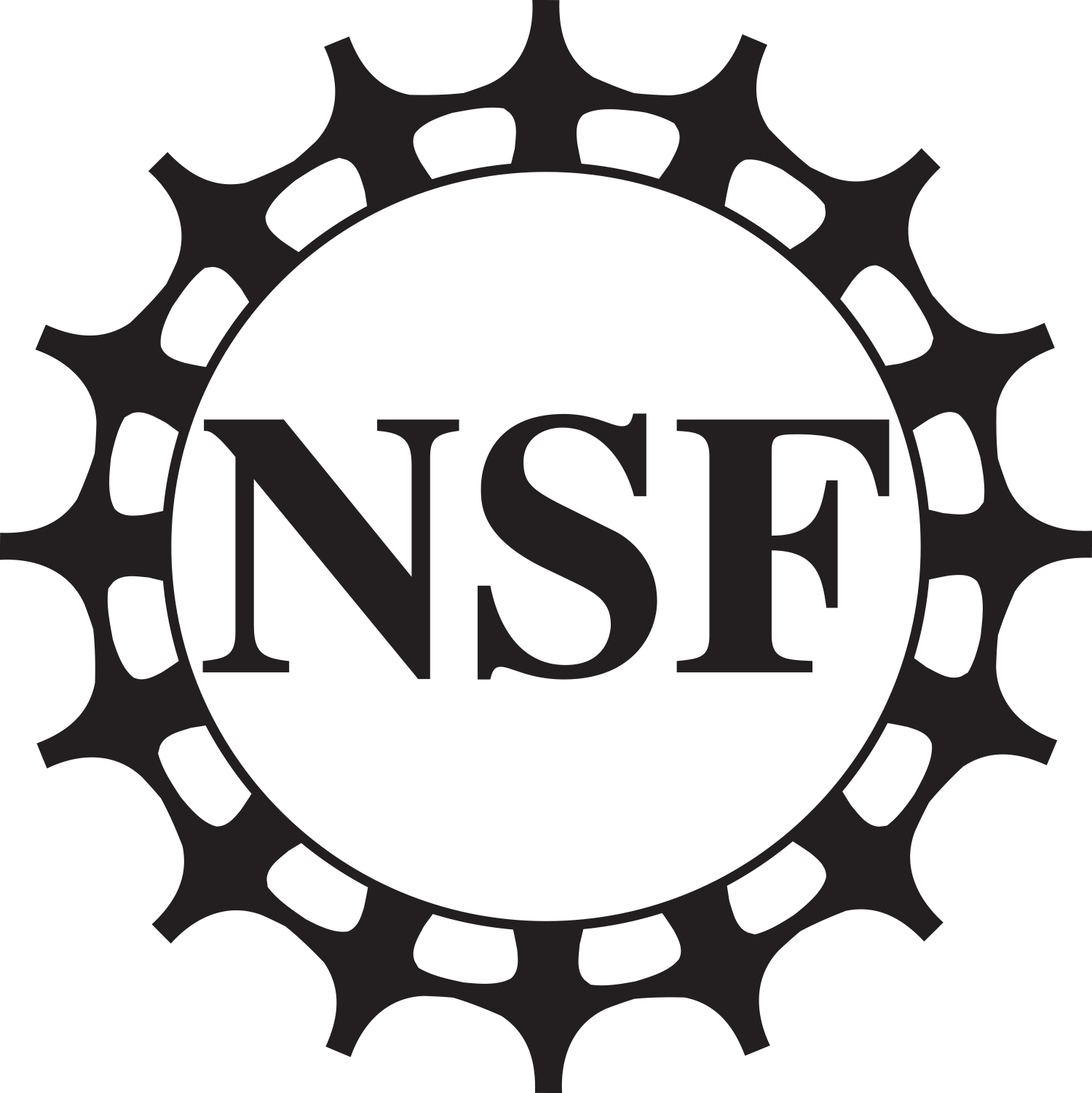Programs for STEM Teachers
The Summer Research Experience for Teachers (RET) Program
Program dates: June 22 – August 3, 2026
-
Participate in a mechanobiology research project during the summer in an active UPenn lab.
-
Develop or adapt a lesson plan with a hands-on activity to use in the following academic year that can introduce students to mechanobiology and real-world research.
Application Deadline:
April 1, 2026
New Cohort Begins:
June 22, 2026
Download our (2025) Program Brochure
Contact us for additional information and to inquire about details regarding the next cohort of teachers.
Sample 2025 Program Details:
Week 1: In this first week teachers meet 9am-3pm, in-person Monday – Friday. Goals of this week include to learn/refresh foundational knowledge in mechanobiology, practice lab skills and develop a research plan/schedule with lab mentors.
Weeks 2-6 (July 4 observed): Teachers will work with mentors to conduct research in the labs, Monday – Thursday. Individual schedules are worked out with research mentors and, in general, can include a mix of virtual and in-person work for participants. However, participants should plan to be in-person as much as possible. Every Friday, the education team (including teachers) meets from 9am-2pm as a working group to make progress towards program goals (e.g., designing/redesigning a lesson plan with a mechanobio focus).
August 5: Final presentations of lesson plans and research experience to CEMB members and other summer RETs at UPenn (i.e., IoT4Ag).
Academic Year Participation: We are committed to supporting you throughout the school year. Participants can expect 2-3 Saturday morning workshops (one in fall, winter, and spring). Additional incentives may be available beyond the summer stipend of $6000 for those that continue to work towards program goals during the busy school year, including implementation of yours or other’s mechanobiology curriculum in some capacity with your students. We encourage continued collaboration with the ulitmate goal of publishing lessons and their impacts on student learning in peer-reviewed outlets.


